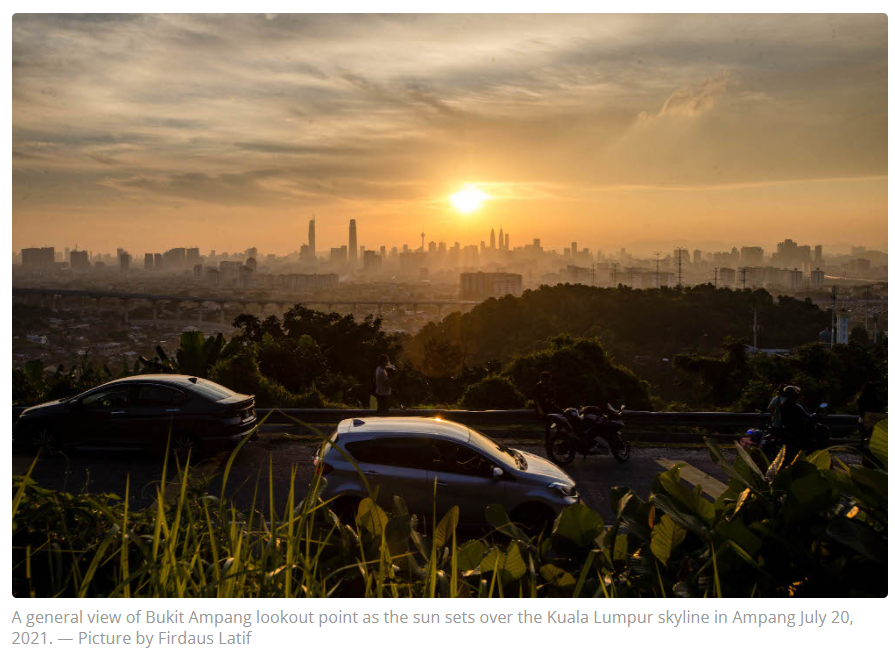Malaysia drops to 41 in World Bank’s Logistics Performance Index
KUALA LUMPUR, Sept 29 — Malaysia dropped 15 places to 41 out of 160 in the World Bank’s Logistics Performance Index (LPI) for 2018 compared to 24 in 2014 and 32 in 2016 when it was the second-best performing Asean nation after Singapore.
In the LPI for 2018, Singapore is now ranked seventh, followed by Thailand at 32 and Vietnam at 39.
According to the report, timeliness is Malaysia’s biggest challenge, which is becoming increasingly important due to consumer willingness to pay premium prices for faster delivery.
It said the transport and storage sector accounted for 3.8 per cent of the GDP and its gross value added was estimated at RM57.2 billion with 667,600 employees representing 4.4 per cent of the employment population in 2019.
Due to Covid-19, transportation costs have increased as companies face new challenges and protocols entering different continents and countries with varied security regulations in response to the pandemic.
“Transport-related costs for cross-border trade averaged at 60 per cent across Asean, but it is almost 80 per cent in Malaysia.
“Covid-19 has led to soaring growth in freight transport within cities in Asean countries, which was 20 per cent up in 2020 and likely to continue growing as patterns of production, distribution and consumption have changed permanently,” a report by the benchmarking tool said.
The Organisation for Economic Co-operation and Development (OECD) recently made several recommendations to improve facilities in Malaysia, including reducing authorities’ power in setting freight prices, lifting foreign equity and addressing the Bumiputera quota.
Malaysia’s freight forwarding industry players had asked the government to intervene to help bring down overseas logistics rates which have jumped almost tenfold compared to pre-Covid-19 times.
The government said it planned to increase the Bumiputera stake in freight forwarding companies to 51 per cent under the 12th Malaysia Plan, but this was met with scepticism as many see such a move as benefiting only a few.
Industry players also asked for the ban on foreign ships carrying cargo via Malaysian domestic routes (cabotage) to be lifted, saying this would lead to a 20 to 25 per cent drop in shipping prices.
The World Bank’s LPI is an interactive benchmarking tool created to help countries identify the challenges and opportunities they face in their performance on trade logistics and what they can do to improve their performance.
The LPI 2018 allows for comparisons across 160 countries.
Source: https://www.malaymail.com/news/money/2021/09/29/malaysia-drops-to-41-in-world-banks-logistics-performance-index/2009348


 Thailand
Thailand




